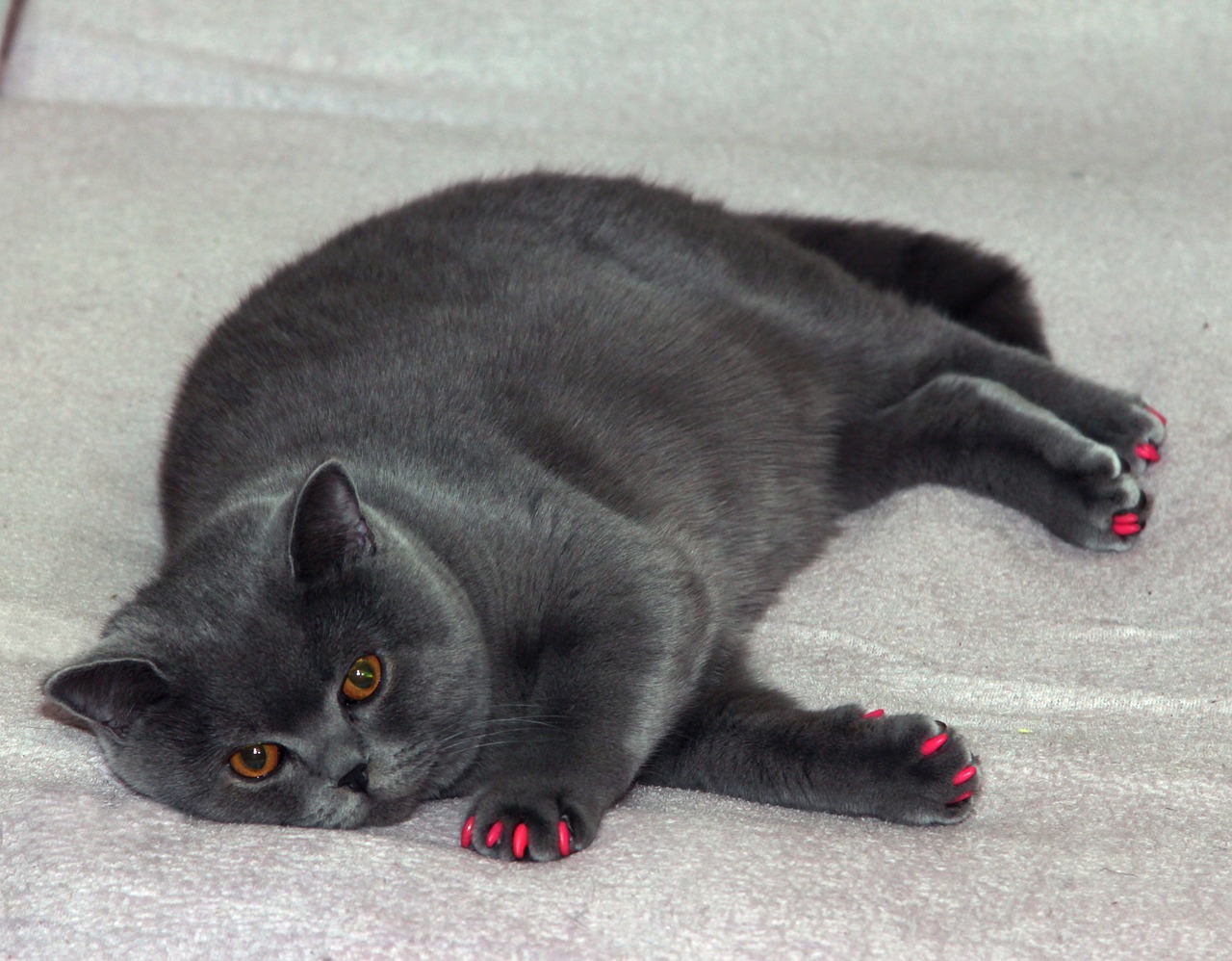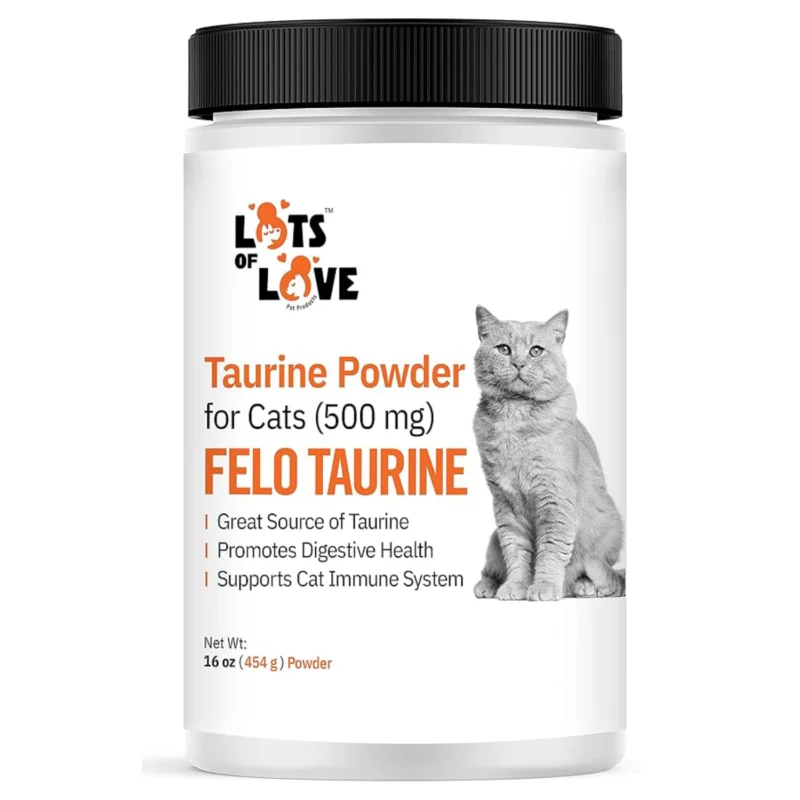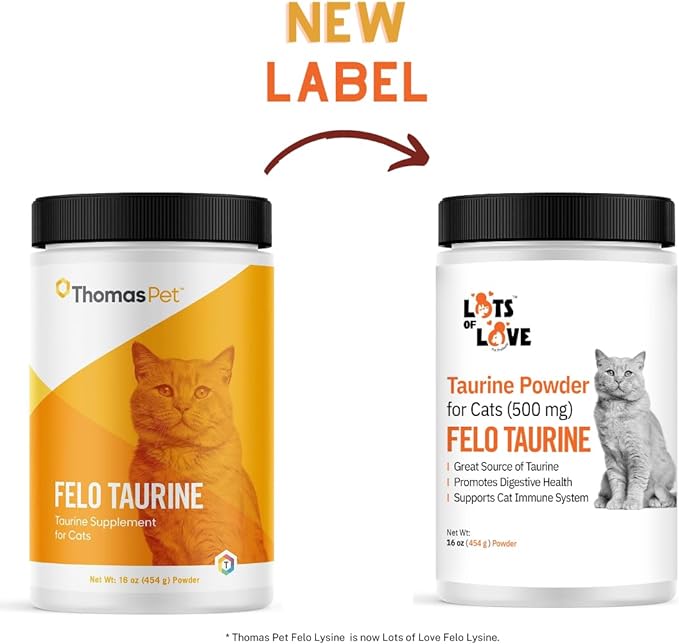Pregnancy in cats is an exciting time, but it can also be overwhelming if you’re not sure what to expect. That’s why Lots of Love Pet Products is here to help! We can help you understand the different signs of pregnancy in cats, how to care for a pregnant cat, and how to prepare for the big day!
How Long Are Cats Pregnant?
Cats are pregnant for about nine weeks, anywhere from 60 to 67 days, with the average being between 63 and 65 days.
How to Tell if Your Cat Is Pregnant
If you think your female cat might be pregnant, it’s always a good idea to visit your vet. He or she can perform a variety of diagnostic tests to determine if your cat is pregnant. Your vet may perform an ultrasound, X-ray, or abdominal palpation.
- Abdominal Palpation: Your vet may feel your cat’s belly to check for kittens. (This should only be performed by a trained professional.)
- Ultrasound: Your vet can do an ultrasound around 16 to 20 days to determine if your cat is pregnant, although it’s difficult to determine how many kittens are present.
- X-ray: Performing an X-ray during the last few weeks of pregnancy can help you determine how many kittens to expect when the big day comes. The kittens’ skeletal systems won’t show up on an X-ray until between 40 and 45 days.
Signs of Pregnancy in Cats
During the early stages of pregnancy, you may not notice any changes or see any visible signs. This is because there aren’t typically any noticeable outward changes during the first few weeks of a cat’s pregnancy. Your cat may start to show signs of pregnancy at around 3 weeks. These signs may include:
- Heat cycles stop: One of the first signs you may notice is that your cat’s heat cycles suddenly stop. If your cat has been going into heat every 2 to 3 weeks and then suddenly doesn’t, you can assume that she is likely pregnant.
- Darker and enlarged nipples: One of the early signs of pregnancy in cats is that the queen’s nipples will become a darker color and enlarged. This is referred to as “pinking up” and usually occurs around 3 weeks. You may even notice some milky discharge coming from the nipples, but your pregnant cat won’t start producing milk until after she’s given birth.
- Morning sickness: Similar to humans, cats can experience morning sickness during pregnancy. This doesn’t happen to every cat, but some queens may experience vomiting, lethargy, and loss of appetite around 3 to 4 weeks.
- A rounded, swollen belly: Another sign of pregnancy in cats is the development of a round, swollen belly. This usually occurs around 4 to 5 weeks of pregnancy. However, this isn’t always an easy sign to notice, especially if your momma cat is overweight.
- Increased appetite: This usually occurs later during a cat’s pregnancy, especially if your queen is experiencing morning sickness at the beginning of her pregnancy. An increased appetite will help her gain weight and supply her with the nutrients she needs for a healthy pregnancy and litter.
- Weight gain: Another sign of pregnancy is weight gain. Cats usually gain about 2 to 4 pounds during pregnancy, depending on the number of kittens she is carrying.
- Increased affection: Some cats become more maternal during their pregnancy, and they even show more affection toward their owners. Your cat may purr more often and seek more attention from you.
- Intolerance toward other pets: While some cats show increased affection, other cats might show intolerance toward other pets, even if they got along in the past.
- Nesting: This usually happens closer to the end of pregnancy. During the last two weeks of your cat’s pregnancy, she will probably start looking for a quiet place to give birth. She may also start getting an area ready by arranging towels or blankets for the big day.
Caring for a Pregnant Cat
After you’ve determined that your cat is pregnant, proper nutrition is key. Pregnancy causes an increase in nutritional needs that should be addressed to maximize the health of the mom and her kittens. According to VCA Animal Hospitals, the queen's nutrient requirements during pregnancy will reach 1.5 times her pre-pregnancy level. You can support her body strength and immunity by providing her taurine supplement for cats.
To help meet the nutritional needs of your queen, you should increase the number of meals you feed her, as well as feed her a diet formulated for pregnant females. This will help ensure she receives the additional nutrients her body needs for pregnancy.
How to Prepare for the Big Day
You can help prepare your cat for the big day by making a comfortable place for your cat to give birth (although she may choose to give birth elsewhere). If you notice that your cat starts nesting during the last 2 weeks of pregnancy, you can help prepare a comfortable area for her.
What you’ll need:
- A nesting box (a medium-sized cardboard box with a low opening will allow your momma cat to come and go as she pleases while preventing the kittens from falling out)
- Newspapers, towels, or blankets
- A quiet, relaxing area where your cat feels comfortable (it’s ideal if your cat can get used to this area before the big day)
Once your cat enters the nesting mode, your vet may want to schedule a final prenatal visit. This is also a good time to ask last-minute questions and get all of the information you need about preparing for delivery and knowing what to do if there’s an emergency during labor.
Caring for a pregnant cat comes with a lot of unknowns. At Lots of Love Pet Products, we offer a variety of supplements to help cat owners maintain the health of their queens and kittens. With the right tools and information, you can help ensure a successful pregnancy and healthy kittens!
You can buy supplements for your beloved cat from our Amazon Store.

 DOG HEALTH SUPPLEMENTS
DOG HEALTH SUPPLEMENTS DOG DIGESTIVE SUPPLEMENTS
DOG DIGESTIVE SUPPLEMENTS EYE & EAR DROPS
EYE & EAR DROPS SKIN & COAT SUPPLEMENTS
SKIN & COAT SUPPLEMENTS CAT SUPPLEMENTS
CAT SUPPLEMENTS

